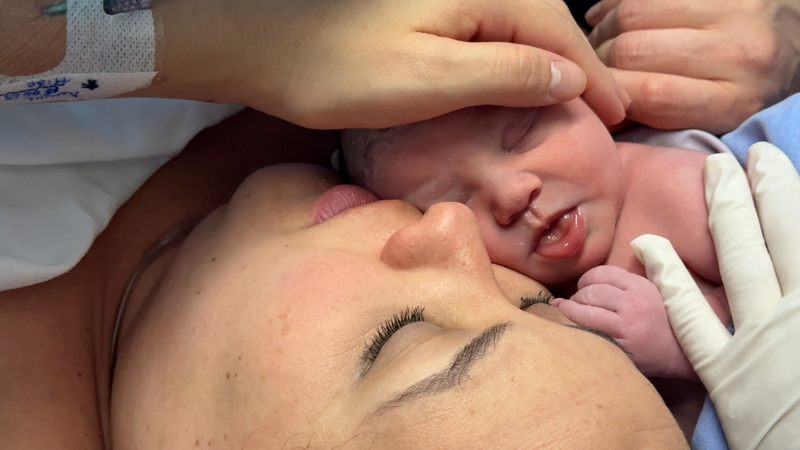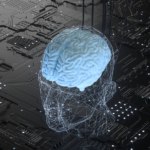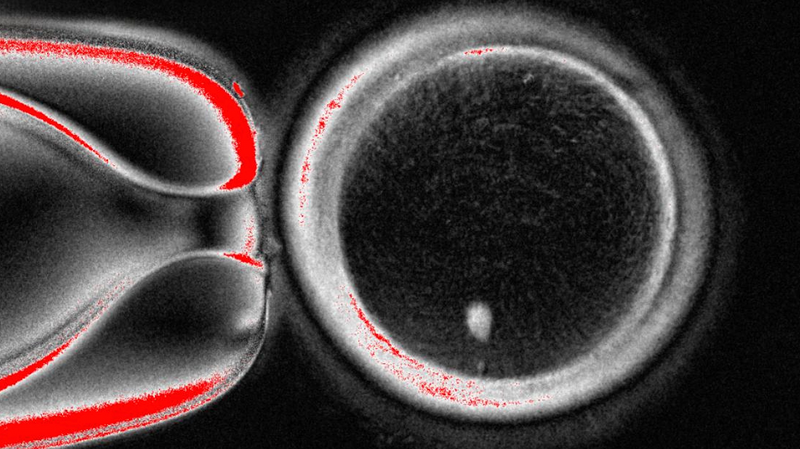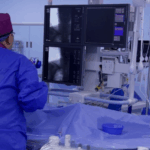Artificial intelligence is reshaping reproductive medicine, with Mexico emerging as an unexpected pioneer in cutting-edge fertility solutions. Earlier this year, a historic milestone was achieved when the world's first baby born from a fully machine-fertilized embryo entered the world at a Mexico-based clinic, according to reports from CGTN.
The groundbreaking procedure saw AI systems handle critical stages of in vitro fertilization (IVF), from embryo selection to implantation guidance. Medical experts suggest this automation could improve success rates while reducing human error in delicate laboratory processes.
"What began as experimental technology is now demonstrating real-world results," explained Dr. Elena Marquez, a reproductive endocrinologist consulted for the report. "AI algorithms analyze thousands of data points – from cellular development patterns to genetic markers – that even experienced embryologists might overlook."
This development comes as global demand for fertility treatments surges, with the World Health Organization estimating 1 in 6 people worldwide experience infertility. Mexico's combination of advanced medical infrastructure and competitive costs positions it as a growing hub for medical tourism, particularly for patients from North America and Asia.
While ethical debates about AI in healthcare continue, the technology's potential to address complex challenges in reproductive science is gaining attention from researchers and investors alike. Pharmaceutical companies and tech startups are reportedly collaborating on next-generation AI tools for fertility clinics across Asia and Latin America.
As regulatory bodies work to establish guidelines for AI-assisted medical procedures, this Mexican breakthrough highlights both the rapid pace of innovation in reproductive technology and the evolving global landscape of healthcare solutions.
Reference(s):
cgtn.com








